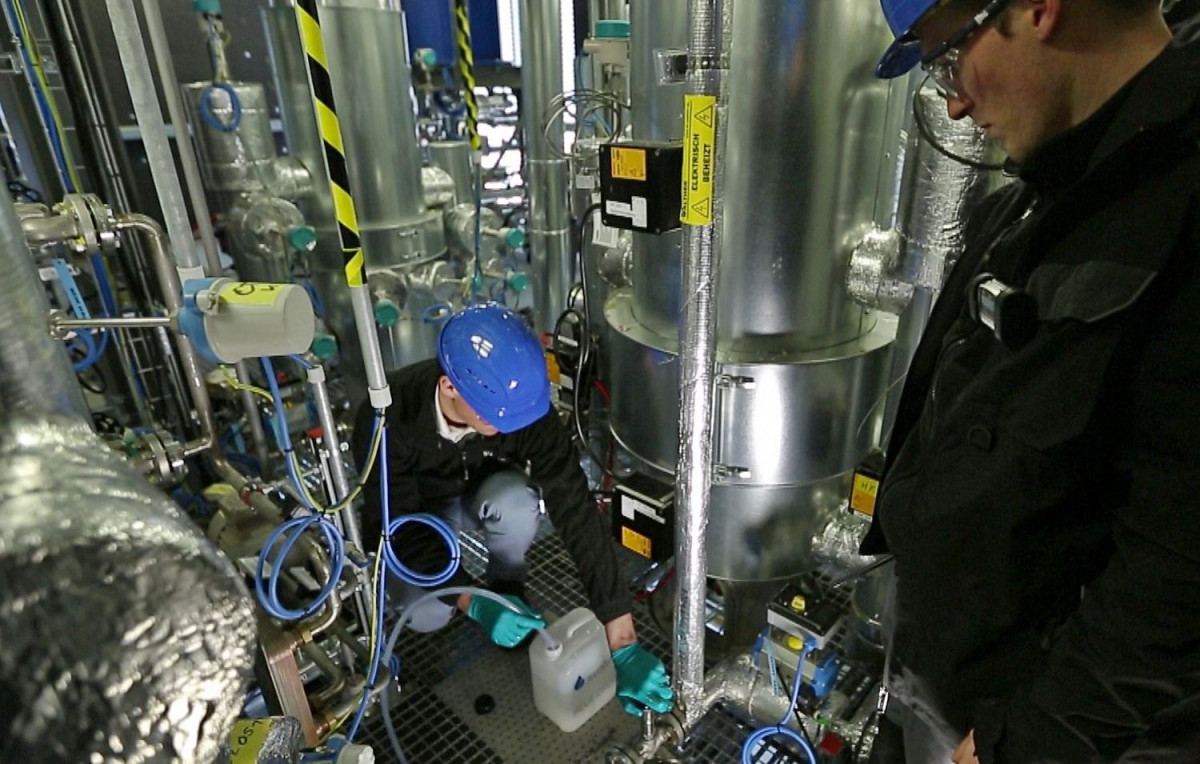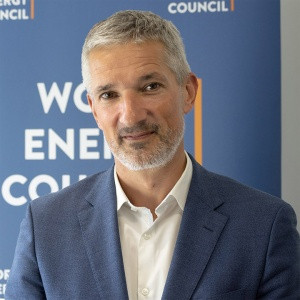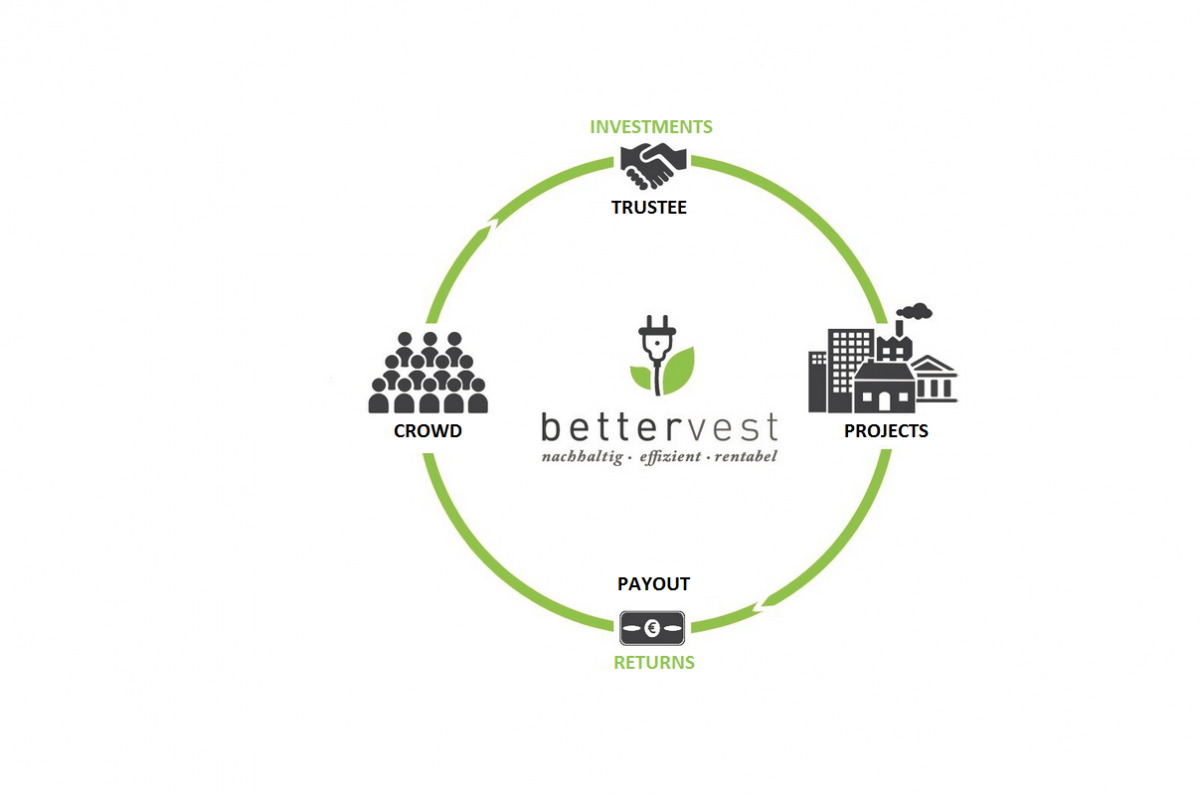Germany’s Energiewende start-ups – Cutting emissions as a business model
- Contents
- Govt must support green start-ups to "strengthen economic immunity" - report
- Analysis: Energy transition start-ups shake up the business world
- Factsheet: 'Green Energy Valley' - Germany's green start-up scene in numbers
- Interview: Dedicated engineers have made Germany a “Green Energy Valley” - Start-up expert
- Interview: Energy innovation is our biggest hope in fight against climate change – WEC
- How do incumbents react?
- Profile: Sustainable start-up builder econnext links social, green and finance worlds
- Profile: Start-up Sunfire’s e-fuels can decarbonise industries most addicted to fossil fuels
- Profile: Start-up Next Kraftwerke's renewable virtual power plant stabilises grid
- Profile: Start-up e.GO Mobile hopes to speed up transport transition with cheap subcompact
- Profile: Start-up Sono Motors challenges industry giants with PV-clad electric car
- Profile: Finance start-up Bettervest connects small investors with green energy projects
- More on start-ups in Germany
- Profile: Amazon-backed start-up tado uses smart thermostats to cut heating emissions
- Profile: Mobility start-up ubitricity wants to revolutionise e-car charging
- Profile: Heating start-up Thermondo aims to be leading energy supplier
- Profile: “Utility in a box” - Start-up Lumenaza enables disruptive power trading
Experts
- Association of German Chambers of Commerce and Industry
- BDEW-German Association of Energy and Water Industries
- BDI - Federation of German Industries
- BEE - German Renewable Energy Federation
- BMBF - Federal Ministry of Education and Research
- BMU - Federal Ministry for the Environment, Nature Conservation and Nuclear Safety
- BMWi - Federal Ministry for Economic Affairs and Energy
- bne - Association of Energy Market Innovators
- Borderstep
- BVES - German Energy Storage Association
- BVMW - German Association of Small and Medium-sized Businesses
- Centre for Solar Energy and Hydrogen Research Baden-Wuerttemberg
- dena - German Energy Agency
- DENEFF - German Industry Initiative for Energy Efficiency
- EFI - Commission of Experts for Research and Innovation
- FVEE - Renewable Energy Research Association
- German Startups Association
- GTAI - Germany Trade & Invest
- KfW Bank
- World Energy Council Germany
Govt must support green start-ups to "strengthen economic immunity" - report
Government help for Germany’s green start-ups is vital to overcome the economic crisis caused by the coronavirus while also fighting climate change, a new survey of the lively sector showed. Current policies do not do enough to honour the "double dividend" these young companies provide by boosting the economy while also increasing sustainability, the authors say. Securing financing is still a major hurdle because of the country's risk-averse large investors. "Policy is missing out on the growth potential of green start-ups," commented study author Klaus Fichter, head of the Borderstep research institute. Read the article here.
Analysis: Energy transition start-ups shake up the business world
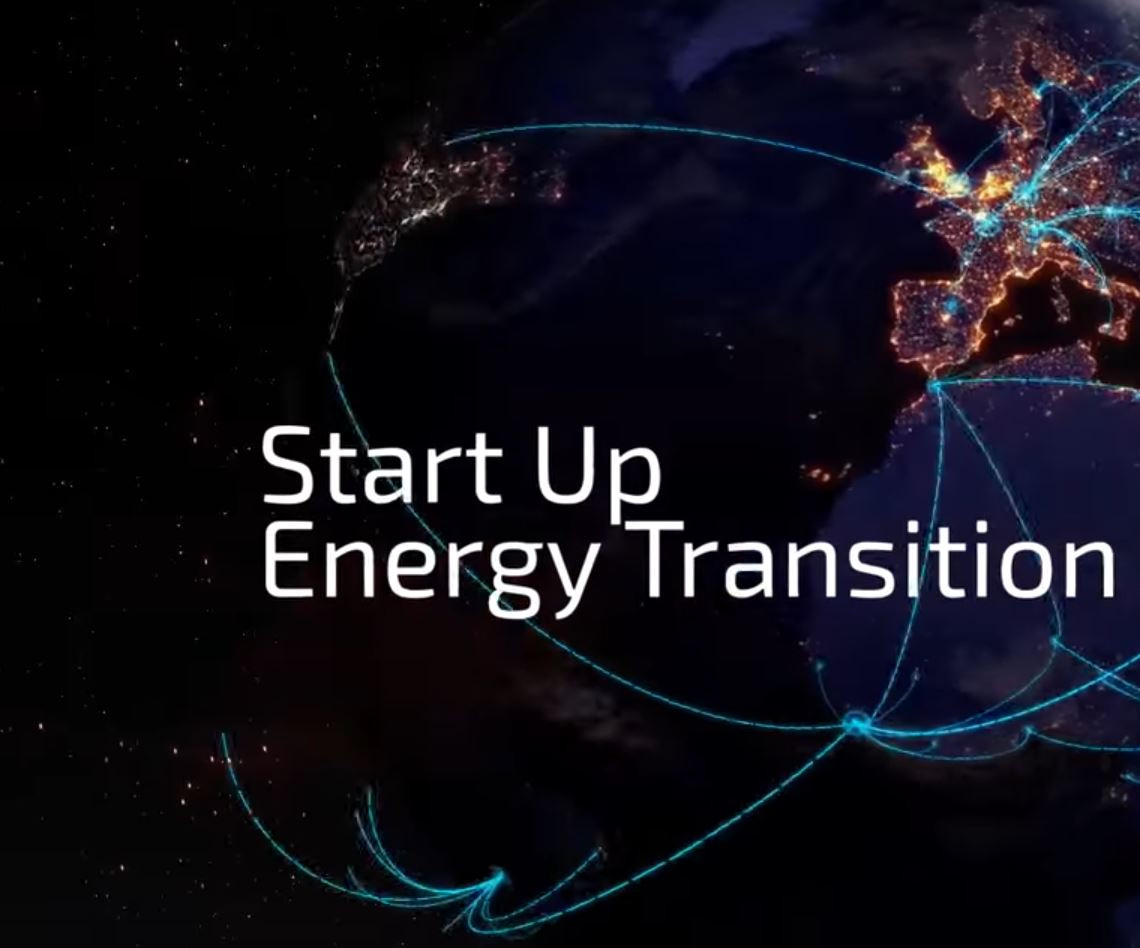
In sectors such as storage and hydrogen, start-ups from "Green Energy Valley" Germany are among the world’s leaders, and could be key to cleaning up polluting industries. Incumbents also bet on start-up innovation to cut emissions, and the government now nurtures the sector with a plethora of support programmes. But many start-ups continue to lament overburdening red tape, hesitant investors, and a relatively small domestic market that slows expansion. Read the analysis here.
Factsheet: 'Green Energy Valley' - Germany's green start-up scene in numbers

How many green start-ups are there in Germany? What do they focus on? What are their plans? Where does the money come from? This factsheet provides a quick numerical overview. Read it here.
Interview: Dedicated engineers have made Germany a “Green Energy Valley” - Start-up expert
Germany’s engineering prowess and excellent support programmes have spawned a world-leading scene of start-ups dedicated to pushing the energy transition with innovative ideas, according to start-up expert Klaus Fichter. There are massive differences to the famous Silicon Valley start-up scene, but the founder and director of the independent Borderstep Institute for Innovation and Sustainability says deeply committed entrepreneurs specialising in hardware solutions have turned Germany into a “Green Energy Valley” that attracts huge international attention. Read the interview here.
Interview: Energy innovation is our biggest hope in fight against climate change – WEC
The speed of energy transition innovations led by start-ups around the world continues to exceed expectations and is our biggest hope in the fight against climate change, according to Christoph Frei, secretary general and CEO of the World Energy Council (WEC). He argues that start-ups have a key role to play because they challenge conventional wisdom, inspire incumbents, and push the envelope in the energy transition megatrends decarbonisation, decentralisation, and digitalisation. Clean Energy Wire spoke to Frei at the Start Up Energy Transition Tech Festival in Berlin, which is co-hosted by Germany’s Energy Agency (dena) and the WEC. Read the interview here.
Profile: Sustainable start-up builder econnext links social, green and finance worlds
econnext was founded in 2016 and works to build its own start-ups – or to acquire and manage majority stakes in companies – with business models that serve the UN Sustainable Development Goals (SDGs). The companies must have "a positive impact on people, the environment and the climate with their products and services," says econnext.
At the sidelines of the 2019 Energy Future Exchange (EFEX) conference in Brussels - organised by Ecologic and ACEEE - Clean Energy Wire spoke to co-founder and co-CEO Michael Schneider about the pros and cons of Germany as a start-up location, looking for other markets that might be more welcoming, and about helping start-ups mature faster, as “the world is running out of time”. Read the company profile and interview here.
Profile: Start-up Sunfire’s e-fuels can decarbonise industries most addicted to fossil fuels

Renewable electricity can be used directly to replace fossil fuels in cars and heating on the way to decarbonisation. German start-up Sunfire offers a solution for many applications where this is not possible, such as aviation, steelmaking and in the chemicals industry: The company develops and manufactures systems that use renewable power to make climate-neutral gases and fuels that can substitute fossil fuels.
Clean Energy Wire spoke to co-founder and CEO Carl Berninghausen about the prospects for a hydrogen economy, making synthetic fuels out of thin air (literally!), and why Europe will not have to rely on renewable energy imports in the future. Read the company profile and interview here.
Profile: Start-up Next Kraftwerke's renewable virtual power plant stabilises grid
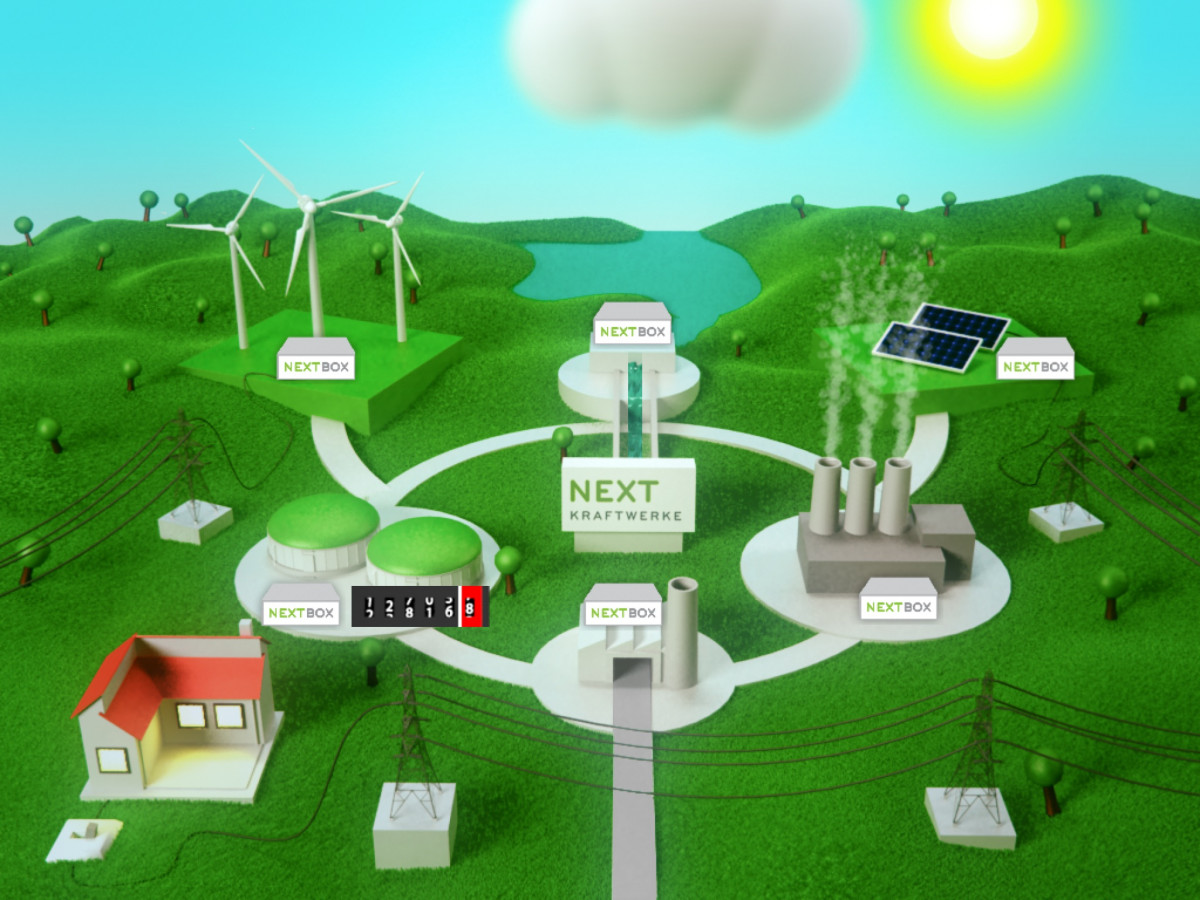
Next Kraftwerke describes itself as a "power plant operator without any power plants." The company has digitally pooled thousands of renewable installations and flexible commercial power consumers to provide services to stabilise the power grid, thereby illustrating how future electricity system can be operated with a large share of renewables.
Clean Energy Wire talked to the company’s co-founder and CEO Hendrik Sämisch about his plans for international expansion, why Google could become a competitor, and the possibility of having oil major Shell as an investor. Read the company profile and interview here.
Profile: Start-up e.GO Mobile hopes to speed up transport transition with cheap subcompact
Startup e.Go is linked to Aachen technical university, and headed by German e-car pioneer Günther Schuh, who has been compared to Tesla CEO Elon Musk in the German media. The company has started sales of its subcompact car, developed an electric minibus, and has partnered with VW for the production of a beach buggy.
Clean Energy Wire spoke to the company’s co-founder Schuh about the necessary priorities for emission-free transport, the prospects for fuel cells, and for Germany’s other large carmakers. Read the company profile and interview here.
Profile: Start-up Sono Motors challenges industry giants with PV-clad electric car
Launched with a crowdfunding campaign a mere three years ago, Sono Motors has developed an electric car covered in solar cells to extend its range. The company originally hoped for 5,000 pre-orders, but has already received twice that number. Production of the vehicle will start next year, and the company plans to offset all carbon emissions from the assembly process.
Sono Motor’s CEO and co-founder Laurin Hahn spoke with Clean Energy Wire about business opportunities at the intersection of the automotive and energy sectors, and the slow progress towards a sustainable transport system. Read the company profile and interview here.
Profile: Finance start-up Bettervest connects small investors with green energy projects
Start-up Bettervest enables small-scale private investors to co-fund profitable emissions reduction projects in developing countries with relatively small sums of money, bringing together groups of lenders and borrowers often overlooked by conventional banks. The crowdfunding platform, which was born from a start-up competition in the banking capital Frankfurt, intially focused on efficiency projects in Germany. But it has since has progressed towards providing capital for energy projects in Africa, India and elsewhere.
Clean Energy Wire spoke with Bettervest founder Patrick Mijnals about unexpected rates of return, German citizens who take a stable power supply for granted and why he does not see conventional banks as competitors. Read the company profile and interview here.
Profile: Amazon-backed start-up tado uses smart thermostats to cut heating emissions
Lowering households' huge heating emissions is not only about modernising boilers and insulating buildings, but also about using heating systems more efficiently. Munich start-up tado offers digital solutions to make that complex task as simple as possible: Smart thermostats and a mobile app ensure that heaters and air conditioners consume as little energy as possible, without compromising users' comfort. Tado's approach has caught on quickly, turning the young company into one of Germany's most prominent energy start-ups, and attracting funding from Amazon, incumbent utility E.ON, and oil major Total.
Clean Energy Wire spoke with co-founder Christian Deilmann about being a start-up in Germany, their new partnership with Amazon, and the challenges involved in bringing the energy transition to living rooms across Europe. Read the company profile and interview here.
Profile: Mobility start-up ubitricity wants to revolutionise e-car charging
Charging infrastructure is one of the main hurdles facing the spread of electric mobility. But Berlin start-up ubitricity thinks it's found a solution: a mobile metering system that lets it transform street lights into charging points. The company’s technology is already being used in London and will soon be deployed in New York and Berlin, attracting a number of prominent investors -- including carmaker Honda.
Clean Energy Wire spoke to company founder and CEO Frank Pawlitschek about the prospects for e-mobility, new business models, and why he thinks current concerns about charging infrastructure are misguided. Read the company profile and interview here.
Profile: Heating start-up Thermondo aims to be leading energy supplier
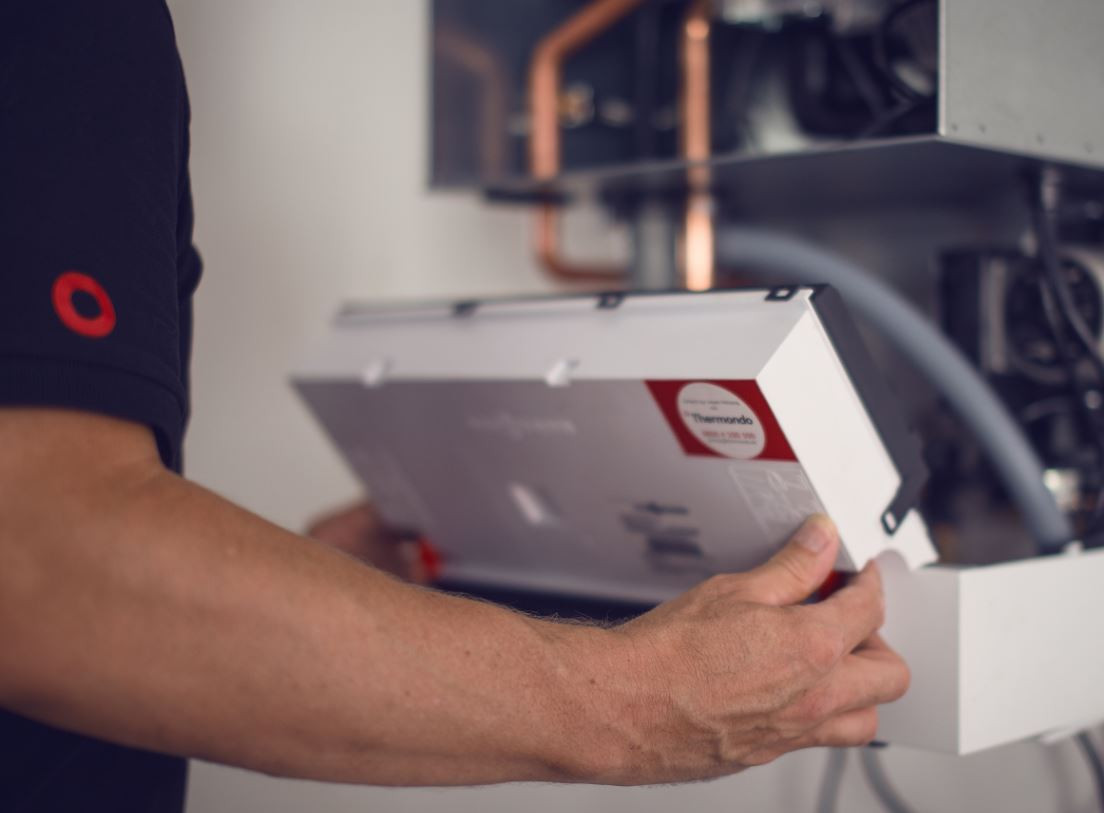
Improving heating efficiency might not be your first choice for a topic if you want to attract large crowds. But Berlin start-up Thermondo saw an enormous business opportunity, because it realised early on that modernising heating systems is key for reaching Germany’s climate targets. Their idea of launching an online portal to help homeowners replacing their boilers was rewarded with strong growth rates, and Thermondo now aims to become Germany’s largest decentralized energy supplier. It is venturing into gas sales, and has already set its sights on PV installations as well. Clean Energy Wire spoke with Thermondo’s head of marketing Stephan Herwig about the future of heating and the transformation of large incumbents. Read the company profile and interview here.
Profile: “Utility in a box” - Start-up Lumenaza enables disruptive power trading
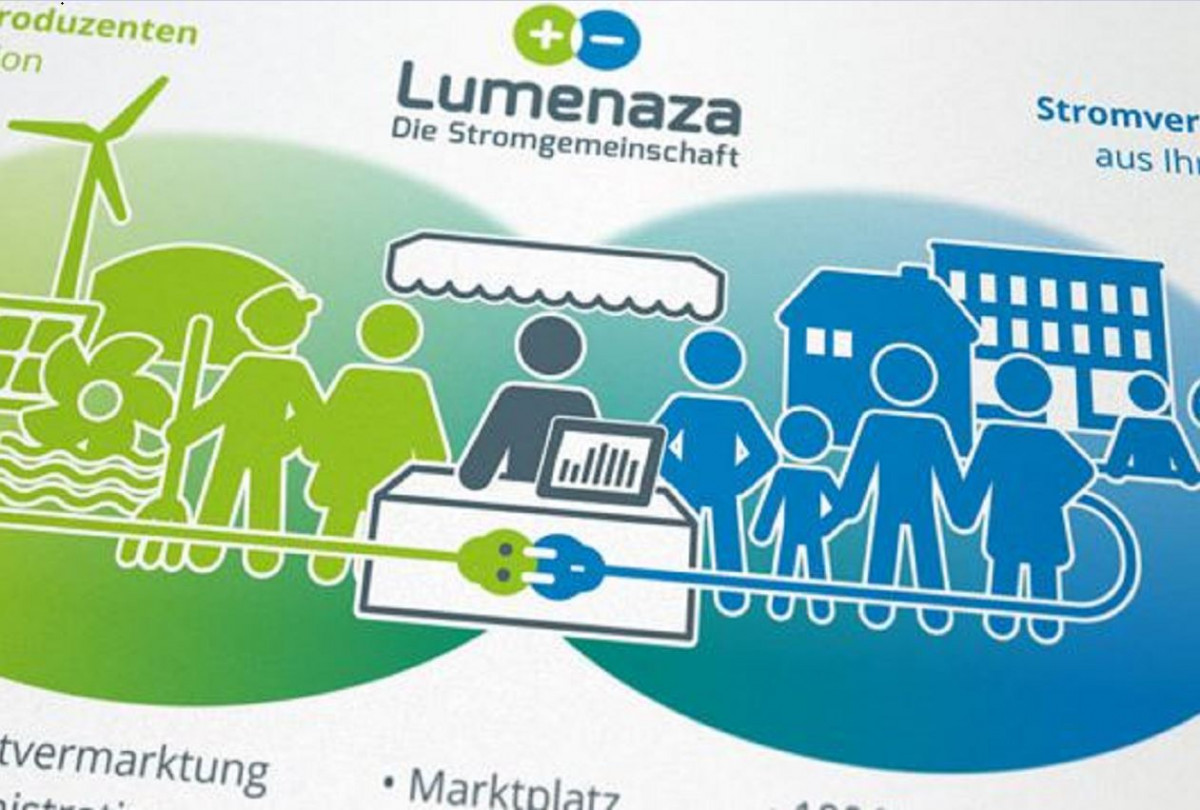
Specialising in local small-scale power exchange with its “utility-in-a-box” software, Lumenaza offers a rare glimpse at the infrastructure behind the ongoing renewables revolution. Although it often remains invisible, the company is behind some of the most prominent players reshaping tomorrow’s decentralised energy world. Founder and managing director Christian Chudoba told the Clean Energy Wire about upcoming milestones and hurdles for his company and why he believes the issue of renewable subsidies is over and done with. Read the company profile and interview here.


